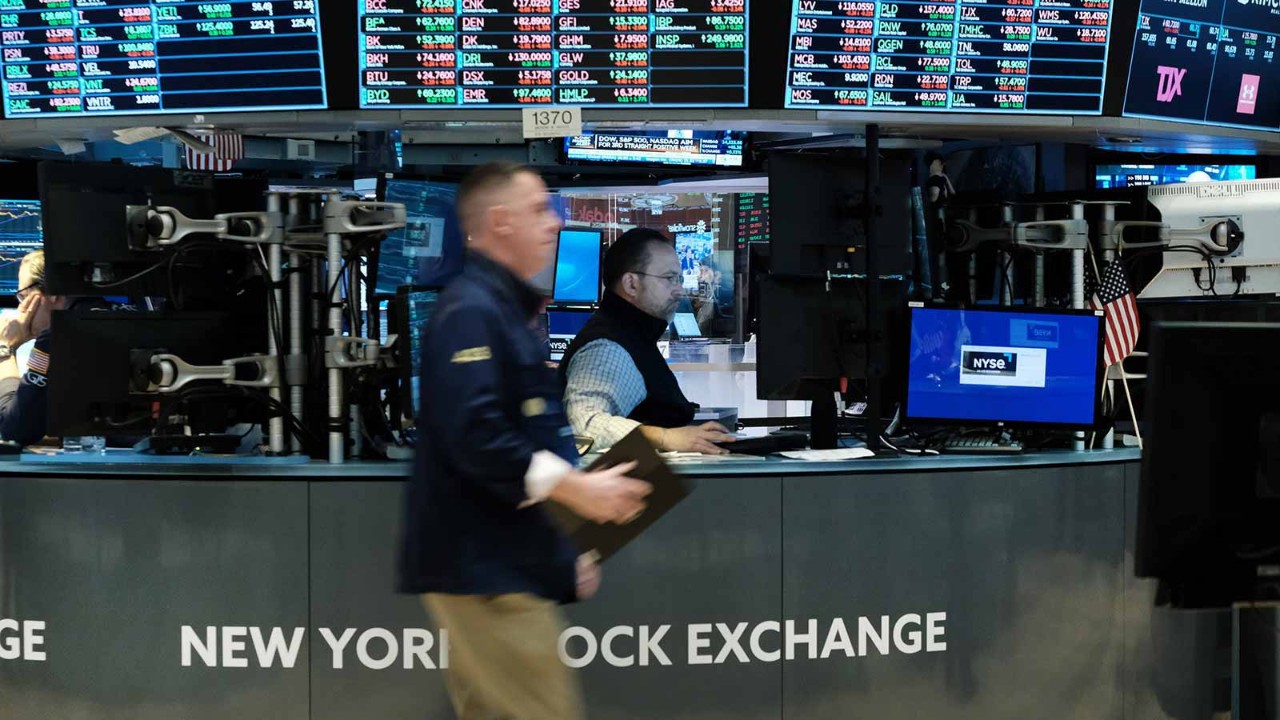
CPD
Chinese companies listed or planning to list in the US may be rethinking that decision in the wake of new Securities and Exchange Commission (SEC) regulations that took effect in December 2021. These require companies listed on US stock exchanges to disclose whether they are owned or controlled by a government entity, and to provide audit records to the Public Company Accounting Oversight Board (PCAOB).
‘The immediate impact is hard to judge,’ says Andrew Karolyi, dean at Cornell University’s SC Johnson College of Business. ‘Penalties, such as the banning from trading and delisting from a US exchange, come only if the PCAOB is unable to audit specific financial reports for three consecutive years.’
‘For Chinese companies still seeking an IPO listing in offshore currencies, Hong Kong appears to be the best possible choice’
Tighter restrictions
The SEC’s new rules follow interim ones from March 2021 implementing the Holding Foreign Companies Accountable Act (HFCAA), requiring the SEC to identify companies that filed annual reports issued by accounting firms from jurisdictions outside the US.
The tighter regulations could prompt Chinese companies looking to launch initial public offerings (IPOs) to consider other bourses such as in Hong Kong, Shanghai, Shenzhen or even the nascent Beijing Stock Exchange, which launched last November.
‘For Chinese companies still seeking an IPO listing in offshore currencies, the Hong Kong IPO market appears to be the best possible choice, when they balance multiple considerations,’ says Winston Ma, adjunct professor at New York University Law School and the author of The Hunt for Unicorns and The Digital War.
Hong Kong calling
Domestic considerations may also play a role. China’s Personal Information Protection Law took effect last November and governs how consumer data is collected. It requires consumers to be notified when companies collect and store their data, with the option to request that their data be deleted.
New regulations in multiple jurisdictions could end up benefiting Hong Kong, according to Nicolas Aguzin, CEO at HKEX. ‘We have a strong IPO pipeline, underpinned by demand from Chinese companies seeking homecoming listings, and the introduction of the new listing regime for SPACs [special purpose acquisition companies] and overseas issuers,’ Aguzin told the media.
Growth area
The numbers support Hong Kong’s case. The percentage of US-listed Chinese issuers with secondary listings in Hong Kong was 0.6% in 2019 but that percentage jumped to 6.3% in 2020 and 7.2% in 2021, according to data from Refinitiv. The biggest of these came from Alibaba Group Holding, which raised US$12.9bn through a homecoming listing in November 2019.
However, according to Ma, ‘the depth and liquidity of the Hong Kong market is not yet at par with the US market’. He suggests that the post-IPO experiences of Chinese companies will provide important reference points for Chinese companies considering such a move.
‘We have a strong IPO pipeline, underpinned by demand from Chinese companies seeking homecoming listings’
SPAC listings
Another type of listing being scrutinised by the US Securities and Exchange Commission (SEC) is that by special purpose acquisition companies (SPACs).
The SEC’s Division of Corporation Finance noted in a statement updated last December that ‘If you are a SPAC with sponsors based in China, executive offices in China, or a majority of your executive officers and/or directors are located in or have significant ties with China, or are contemplating merging with a company incorporated in China, the division’s view is that specific disclosure about these circumstances is warranted to meet the company’s disclosure obligations.’
Meanwhile, draft rules released by the China Securities Regulatory Commission note that companies going to other markets via SPACs should follow the same filing requirements as overseas initial public offerings.
Back to the US?
However, some Chinese companies are still making their way to the US; at least six have filed to list in New York recently. These proposed listings are relatively small, which suggests that it could take some time for the bigger Chinese companies to make their way back.
The companies will have to follow new regulations from central internet regulator the Cyberspace Administration of China (CAC) that came into effect in February 2022, which require platform companies with data on more than one million users to undergo a security review ahead of an overseas listing.
The China Securities Regulatory Commission has also proposed setting up a filing system to tighten scrutiny of listings outside the country.
Meanwhile, the most recent development in China could also pave a way for others to list in the US.
The China Securities Regulatory Commission in April 2022 released a revised draft of its Provisions on Strengthening Confidentiality and Archives Administration for Overseas Securities Offering and Listing law, which is now open for public consultations.
The amended law would permit companies to furnish SEC and other regulatory authorities with the information that they request.
‘If in the coming months the existing US-listed ADR companies can figure out a solution with US and Chinese regulators for their current annual reports, that may provide an important reference for Chinese companies looking to list in the U.S. going forward, because the new IPO companies will need to address essentially the same disclosure issues as the existing US-listed ADR companies,’ says Ma.
Karolyi, while welcoming the development, is concerned that it could pose a greater burden for Chinese companies, deterring their efforts to pursue or retain an overseas listing.
‘The incremental burdens on Chinese companies listed on major US exchanges posed by the HFCAA continue to worry me because their potential departure from the US could result in unintended negative consequences for US investors seeking to invest in these Chinese companies.’
He adds that while access to global capital on a large, well-capitalised and very liquid public equity market like the New York Stock Exchange and Nasdaq may be out of reach for some companies, options closer to home may prove beneficial.
‘Those Chinese companies that need access to capital can find it in Hong Kong and they can be successful in the long run.’




